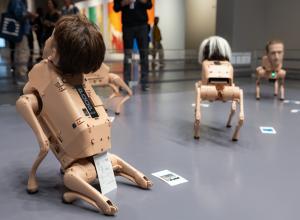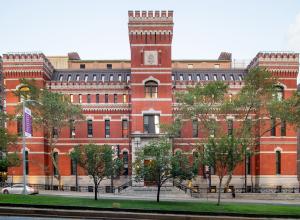Greece has long lobbied Britain, other European nations, and the court of public opinion for the return of the Parthenon sculptures, which were removed from the crumbling ruins of the Acropolis by Lord Elgin in the early 1800’s. As the British ambassador to the Ottoman Empire, Elgin acted with the full knowledge and permission of the Ottoman authorities when he brought them to London, where they eventually became a prized possession of the British Museum.
The British Museum has long argued that they are better caretakers for these priceless works of art than Greece could be. The sculptures cannot be restored to the Acropolis due to preservation concerns, and the British Museum has provided a safe and comfortable home for the works for two centuries, while Greece has faced ongoing economic insecurity. The British Museum makes their case in an extensive argument on their website, including the point that millions of visitors have been able to see and appreciate the works in their London home, all of which glorifies Greek culture and history.
While the Museum has taken admirable care of the works and has the resources to continue to do so, Fischer’s assertion that “displacement is a creative act” was a step too far for many. Graffiti artists and those incorporating found and readymade objects often make the argument that they transform ordinary objects (that sometimes belong to someone else) into new, original works through their hand. But an institution making a similar argument is unheard of, and reflects how Britain's history of colonialism and imperialism continues to have far-reaching effects.






























